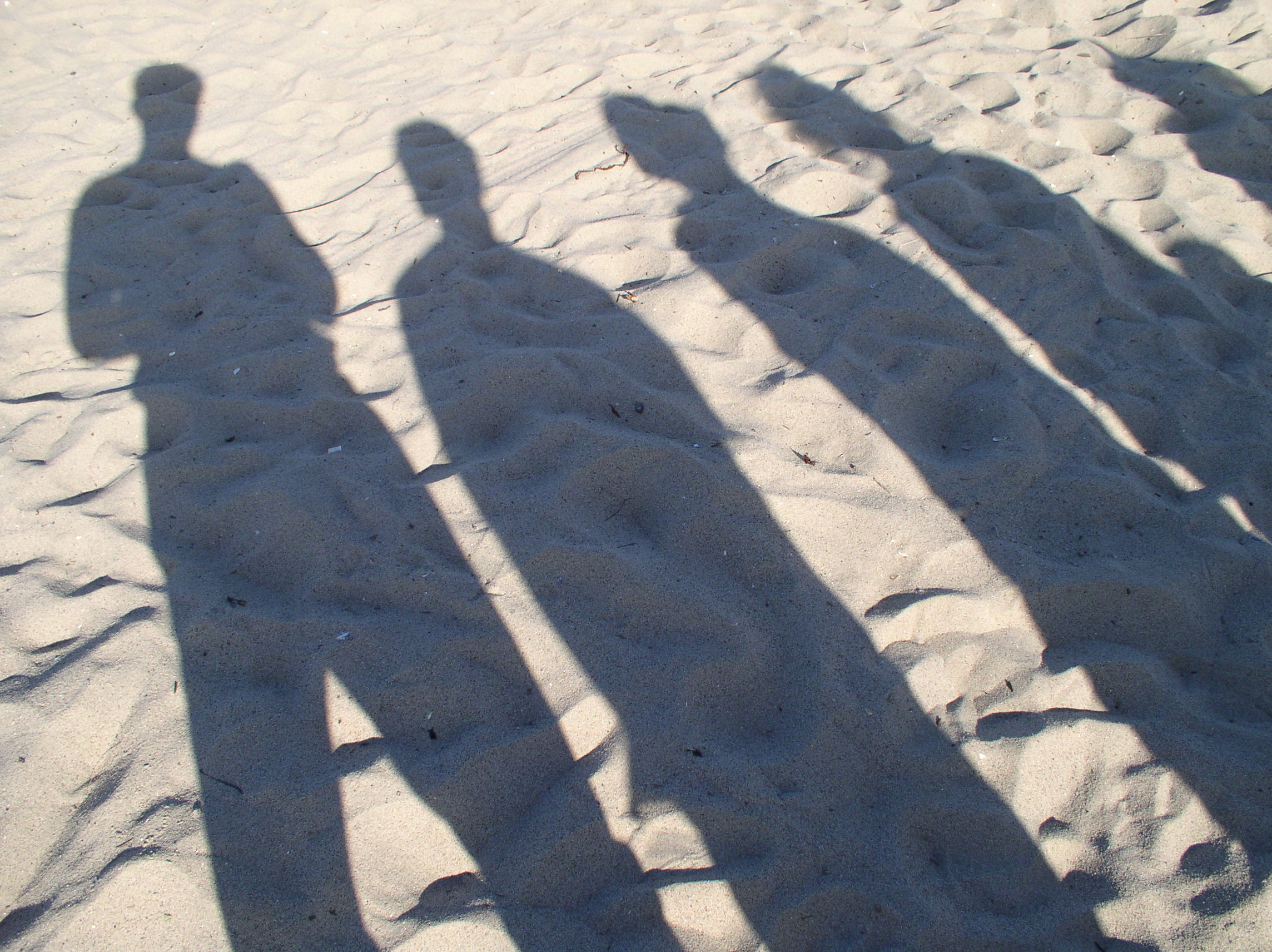
Walking through the densely wooded fields and forests near Rava-Ruska, Ukraine, where wildflowers and green shoots of grass spring up, one could be forgiven for forgetting what remains buried underground. Villagers living around that forest still regularly find evidence of the atrocities that took place some 75 years ago, when Nazis regularly marched Jews out to those fields to be executed and tossed into mass graves.
One French Roman Catholic is now working tirelessly to preserve the memories of those victims before they are lost. Father Patrick Desbois is motivated by this urgent call to action to memorialize the victims buried there in mass, unmarked graves, before no eyewitnesses remain. He is an unlikely hero to shoulder this task, sharing neither nationality nor religion with these victims of the Holocaust. Instead, his connection to the Jews and Roma killed by the Einsatzgruppen, the Nazi mobile killing squads, initially came through family history, as his grandfather was a French soldier held in a camp in Rava-Ruska.
In 2002, while visiting the site of his grandfather’s imprisonment, he traveled to the site of the massacre of Rava-Ruska’s Jewish population and found no memorials or markers for the Jewish victims murdered there, save the testimony from a small cluster of elderly residents. Father Desbois decided then to dedicate his life to ensuring similar stories from the Holocaust are well documented, transforming the fading memories of the past into lessons for the future.
Today, the world is in need of more heroes like him. He embodies the courage needed to face bigotry and evil, and the drive to teach tolerance and compassion. Father Desbois will share his experiences, insight and courage with the Jewish community of Southern California at the Museum of Tolerance on Nov. 7, at the Chai Event hosted by my organization, Heritage Retreats. There, he will speak on three lessons he has taken away from his work, which may be applied to our current struggle against bigotry and anti-Semitism:
First, we must recognize the importance of friendship between communities. Without allies like Father Desbois, it is easy for the Jewish community to feel isolated and insecure in uncertain times. Anti-Semitic hate crimes are on the rise all across the country, and it is difficult to not see parallels between those events and 1930s Germany. Instead of feeling frightened, however, I am reassured by Father Desbois’ commitment to interfaith solidarity. We should all be similarly inspired to care for those outside our community, country and faith.
Second, we must celebrate every-day acts of heroism. The acts of Father Desbois and his team. The acts of the men and women who recall these crimes against humanity in detail for Yahad In-Unum’s records and lead Father Desbois to the sites. The acts of individuals volunteering their time and energy to worthy causes. This is why small acts of day-to-day heroism in our community deserve recognition and praise as well. We will celebrate a small fraction of these at Heritage Retreats’s Chai Event by honoring our community members and volunteers who have worked to create a better future for all of us.
Third, we all have stories to contribute to the fight against bigotry. Father Desbois works to record the memories of the last generation of witnesses to the Holocaust, and uses those testimonies to teach the Holocaust to the first generation that won’t have a relative who remembers the war. This is l’dor va’dor in motion. All of us, not just religious leaders, Holocaust survivors, and community leaders, can play a role in teaching two of our community’s most heartfelt beliefs: Never Forget and Never Again.
We all can learn from the example of Father Desbois. I hope many of you will join me when Father Desbois delivers his remarks at the Museum of Tolerance in Los Angeles on November 7th. While the spread of anti-Semitism today is frightening, we can respond with courage, compassion, and a little help from friends such as Father Desbois.
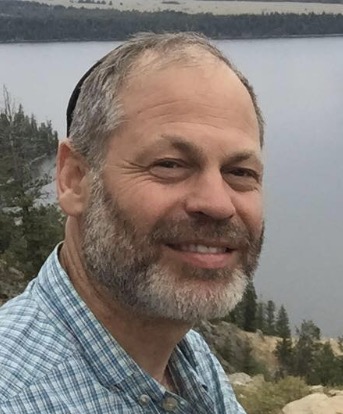







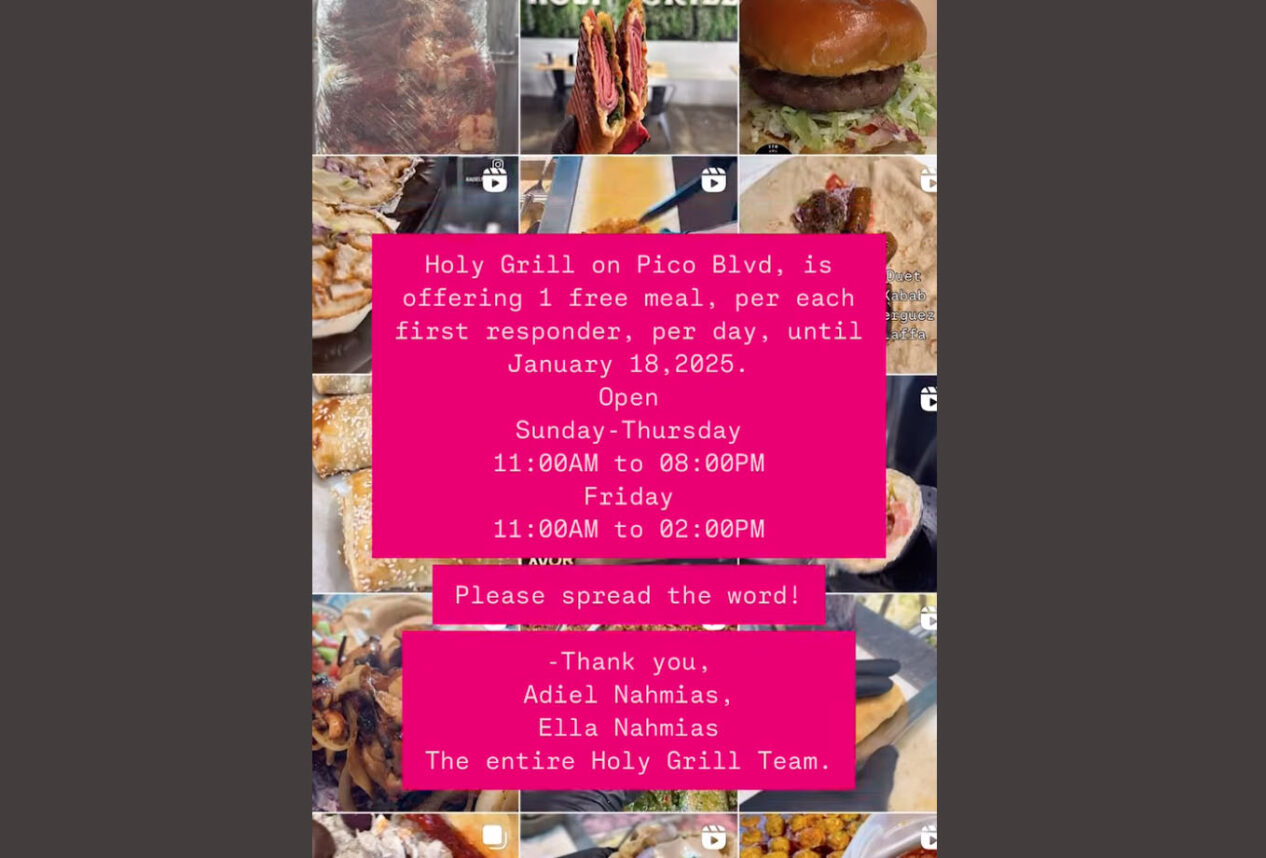
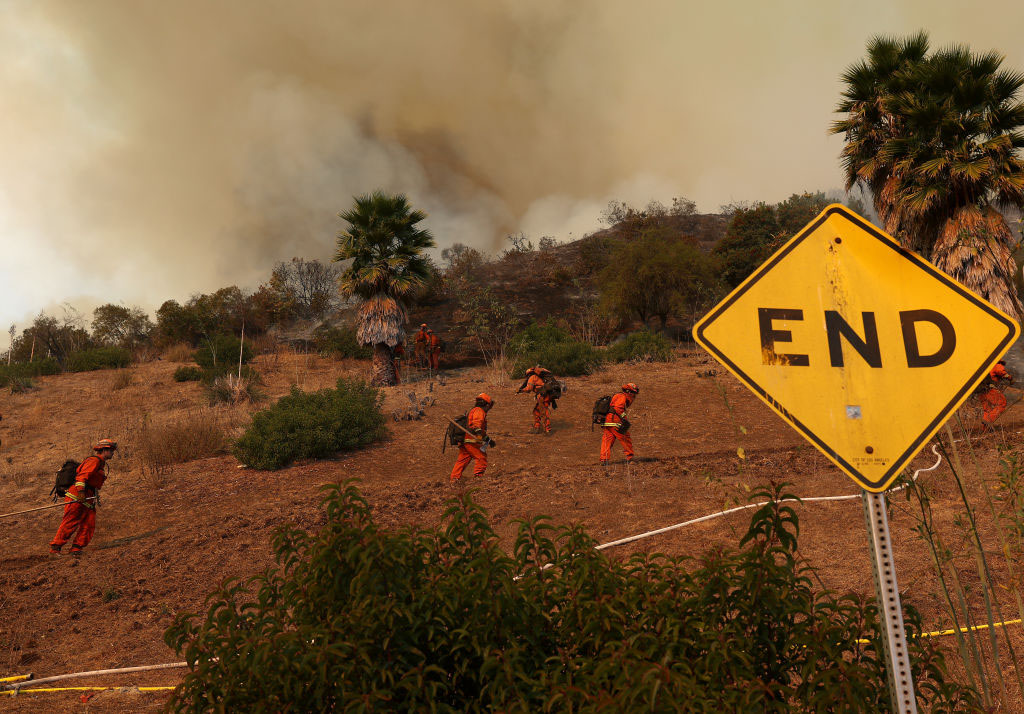
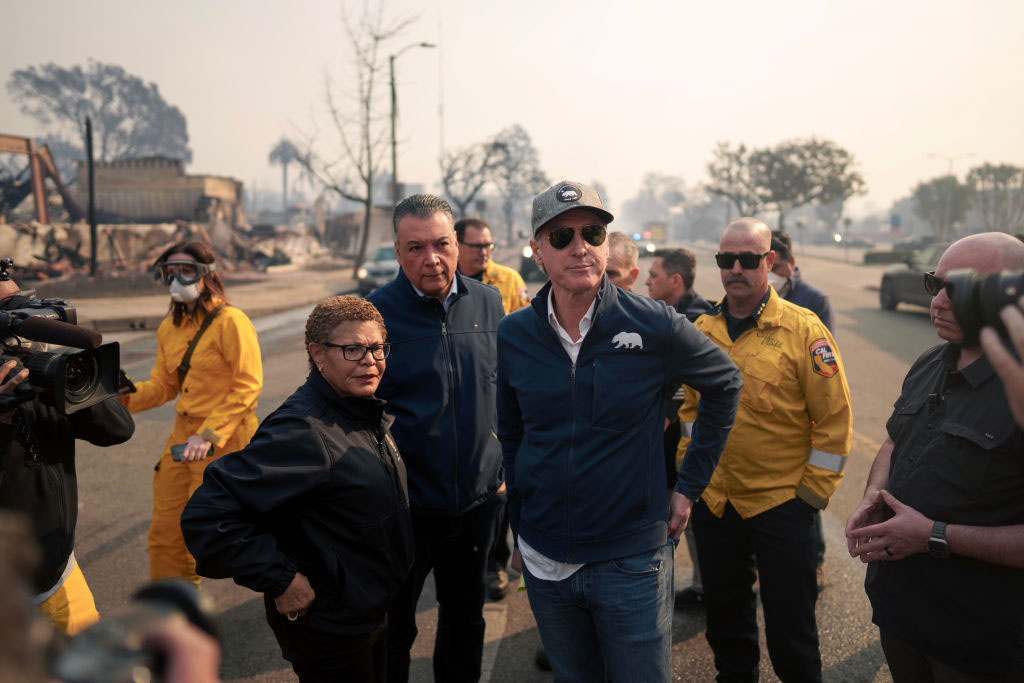
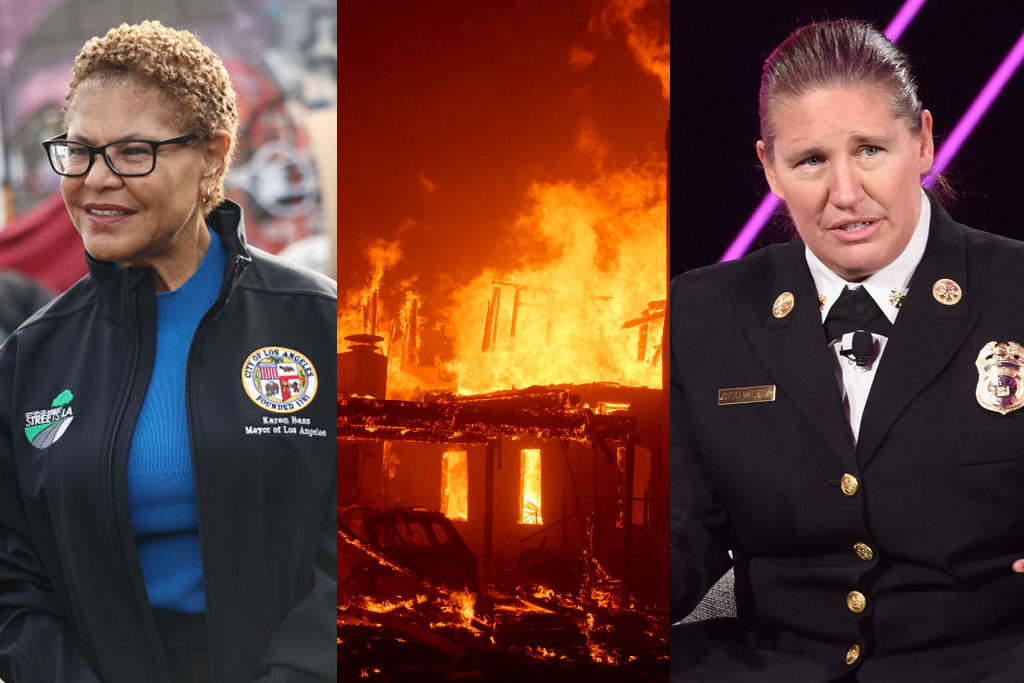
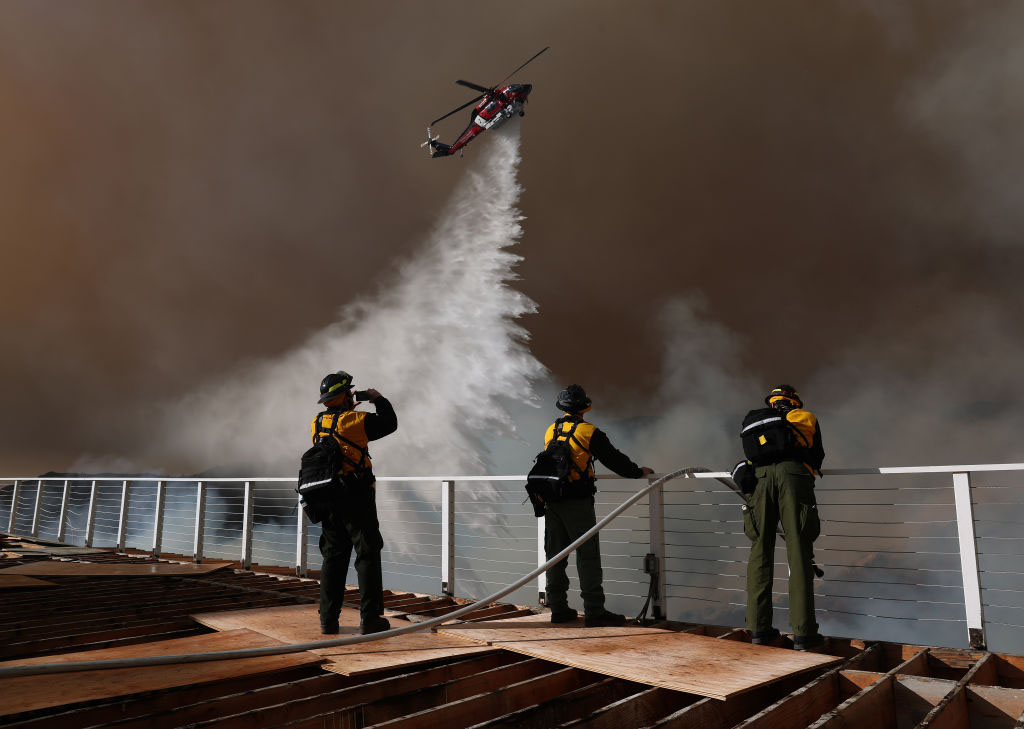
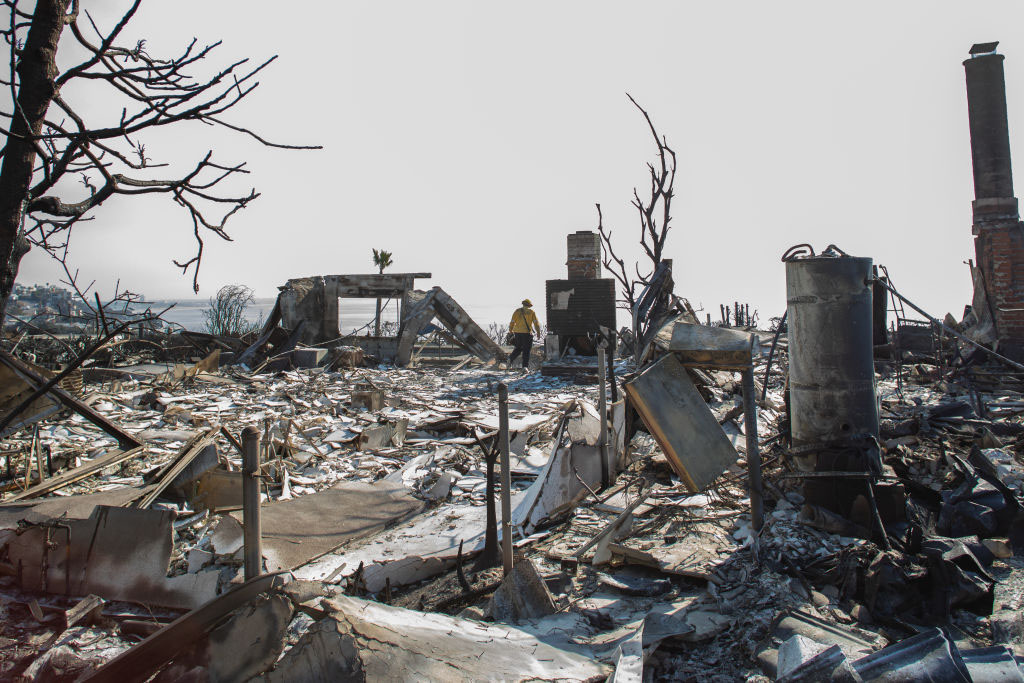
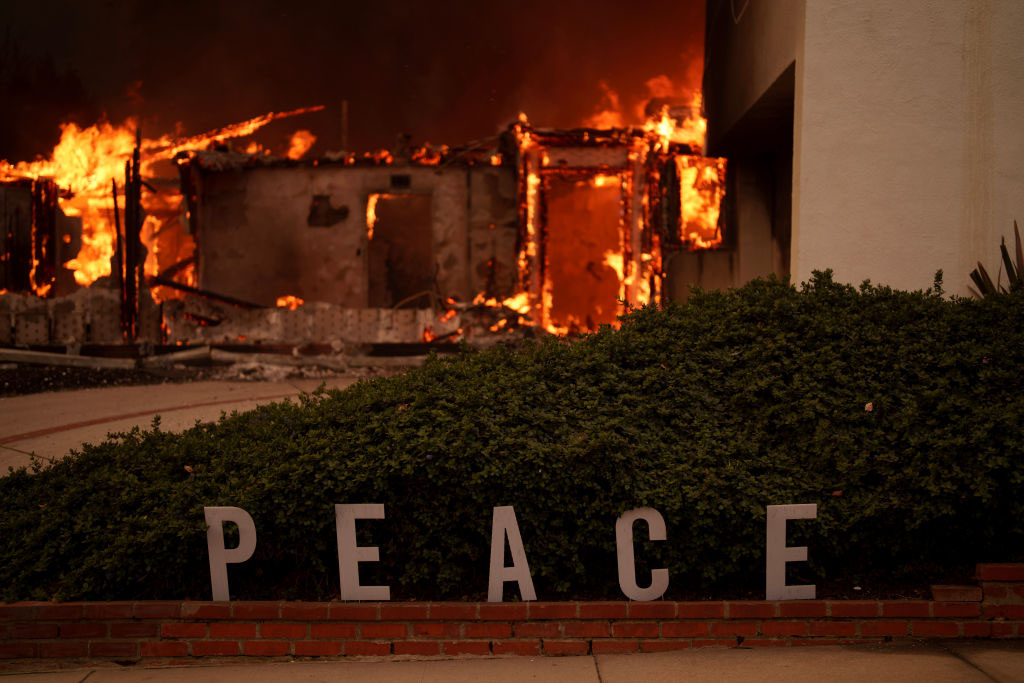
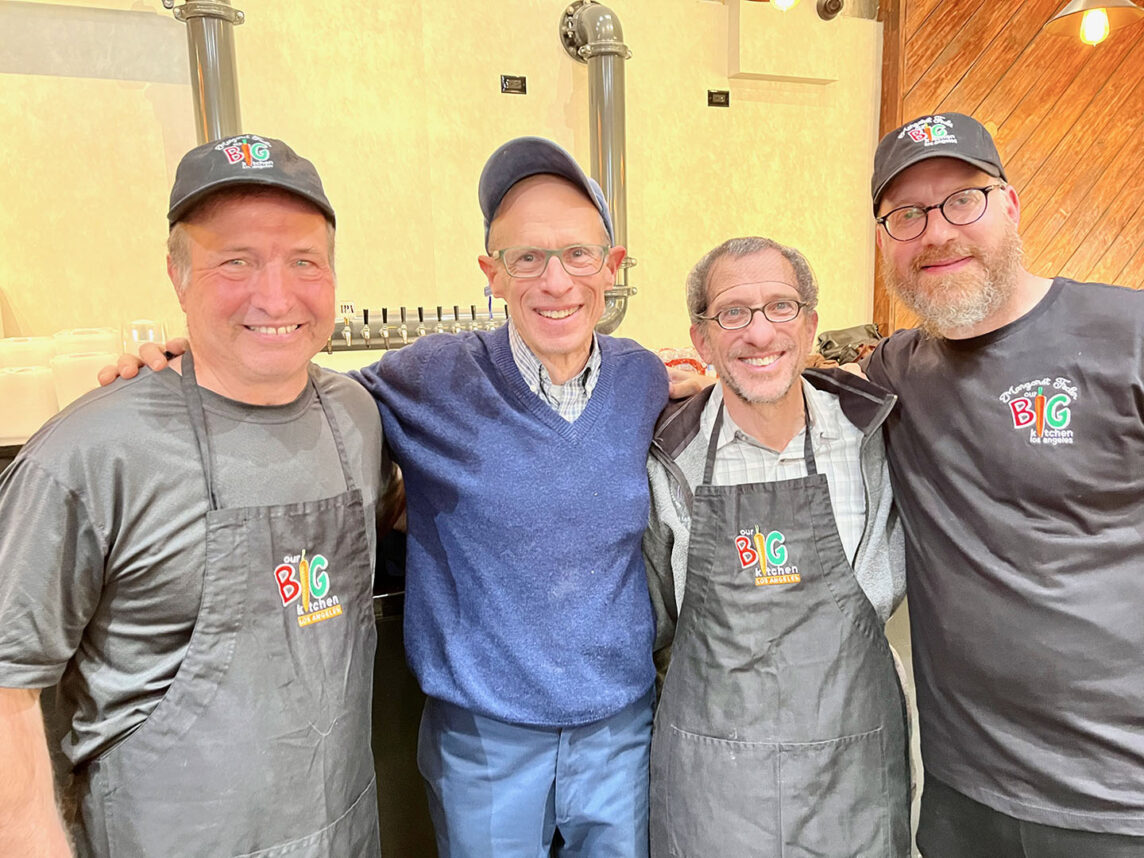
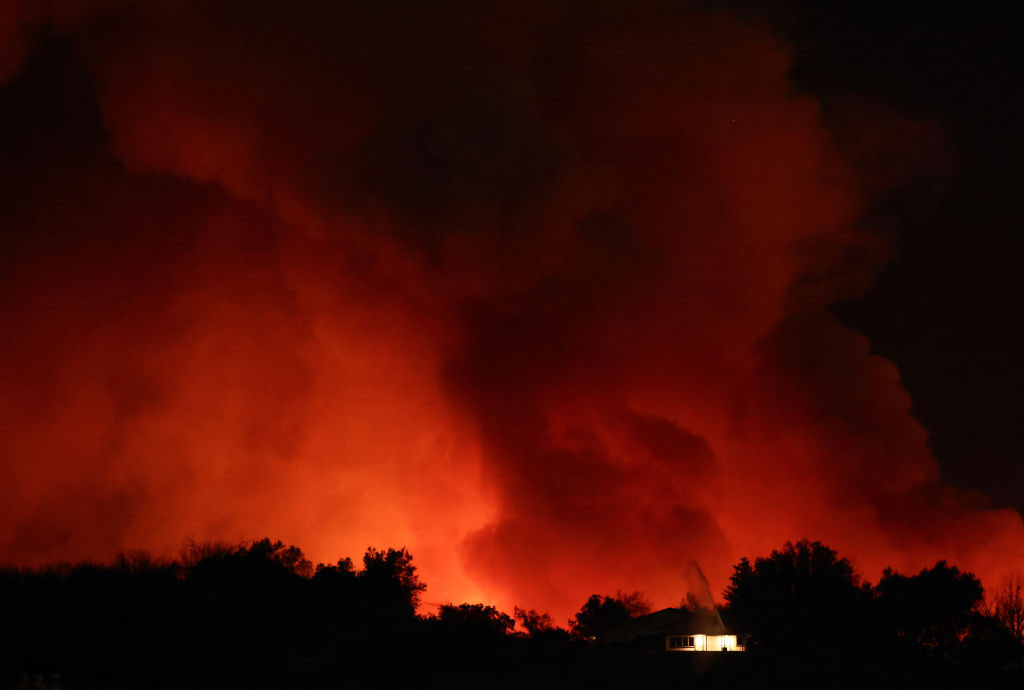
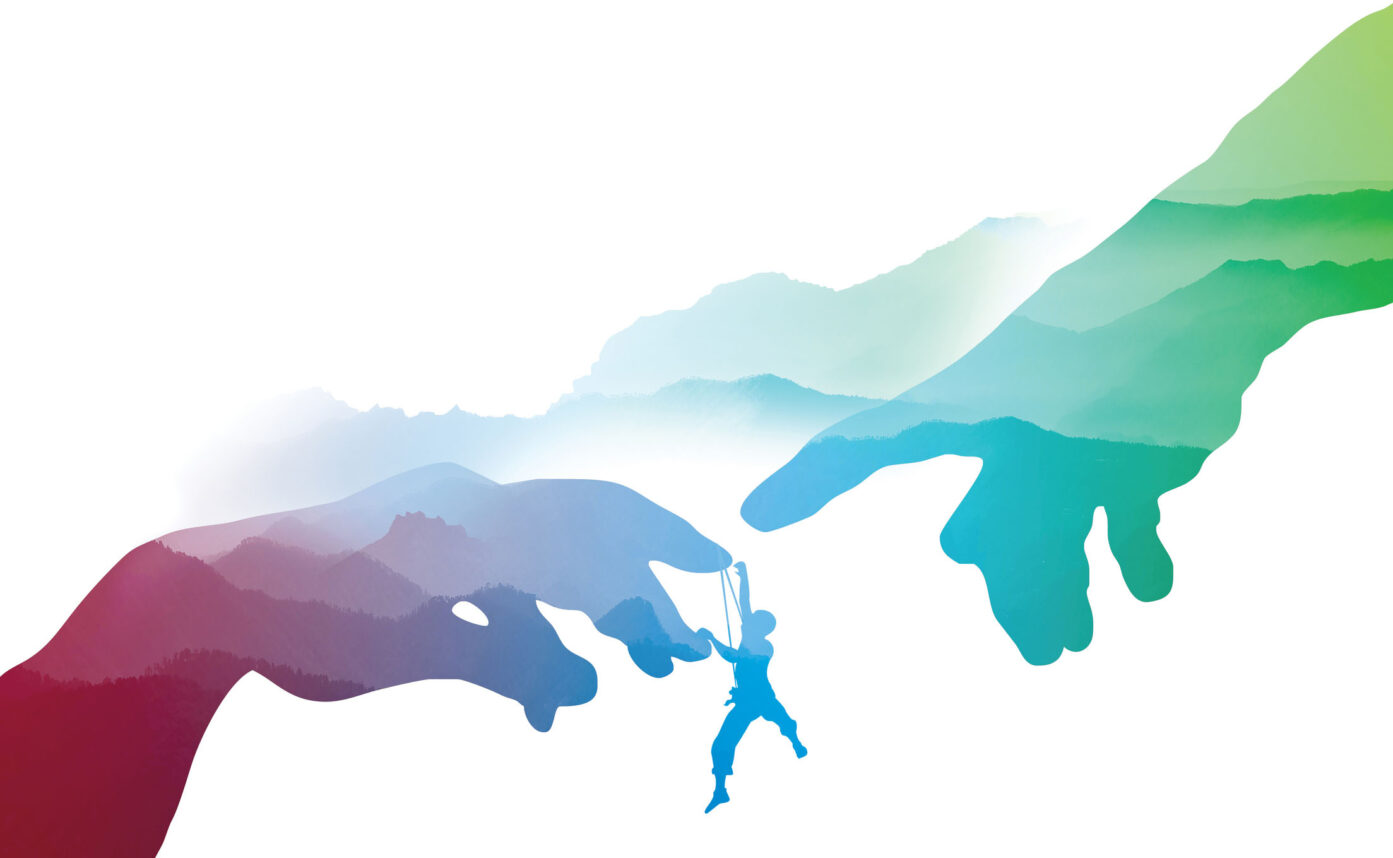



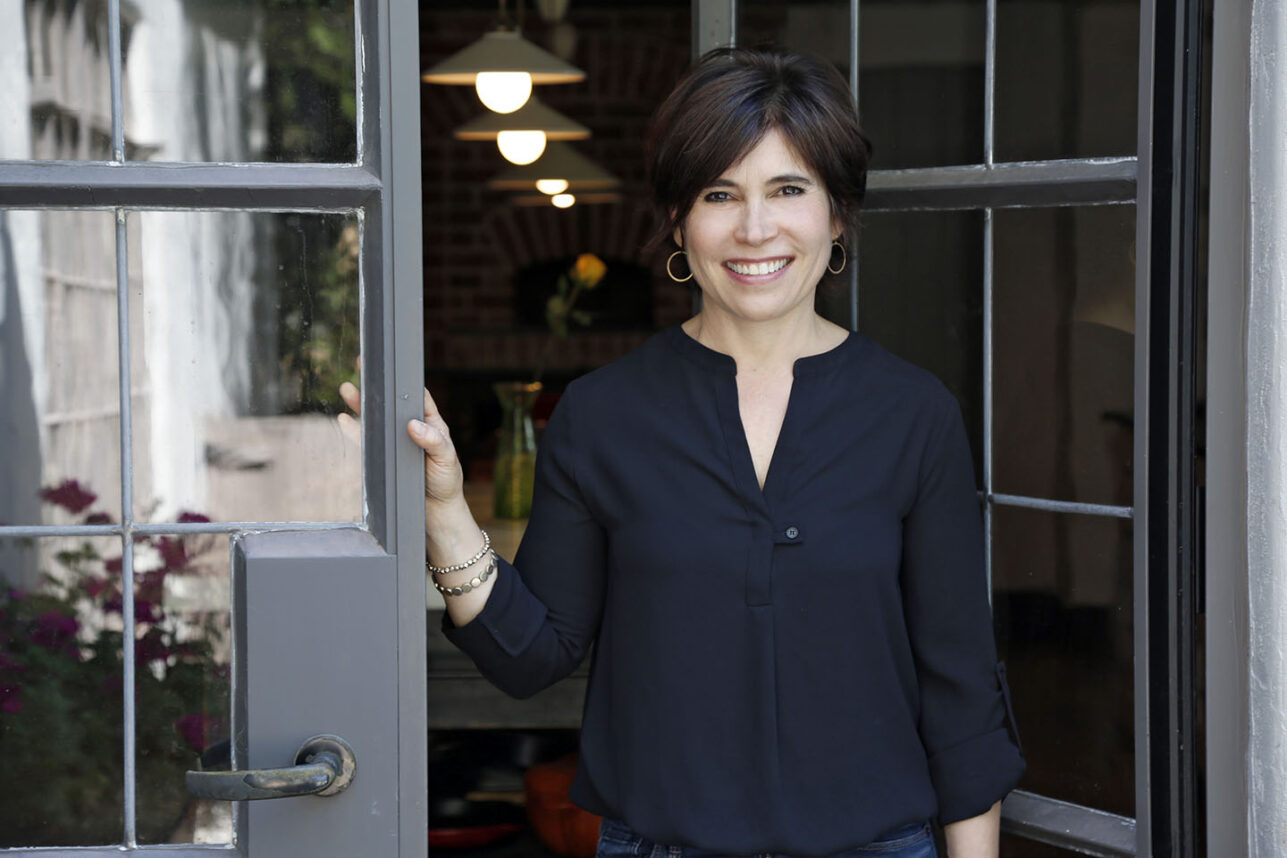


 More news and opinions than at a Shabbat dinner, right in your inbox.
More news and opinions than at a Shabbat dinner, right in your inbox.